
Dakar, SENEGAL - Senegal, Africa's westernmost country, has become a major new departure point for thousands of mainly young West Africans seeking a better life in Europe, an official of the International Organization for Migration said Friday.
 The migrants are leaving from various points along Senegal's coast, crowded into wooden fishing boats in groups of up to 60, for a perilous sea journey to Spain's Canary Islands, about 1,350 kilometers, or 840 miles, to the north, said Vijaya Souri, program officer in the organization's office here.
The migrants are leaving from various points along Senegal's coast, crowded into wooden fishing boats in groups of up to 60, for a perilous sea journey to Spain's Canary Islands, about 1,350 kilometers, or 840 miles, to the north, said Vijaya Souri, program officer in the organization's office here.
Last weekend, the Senegalese Navy picked up about 200 migrants on rickety boats who were trying to reach the Canaries, which lie off the coast of southern Morocco.
"There are masses of people in the Canary Islands who claim to have arrived from Senegal," said Souri, who is working on problems of irregular migration from the office in Dakar.
Sea journeys to the Canary Islands by migrants seeking to reach Europe have increased dramatically this year. After Morocco cracked down last autumn on throngs of West Africans seeking to enter the Spanish enclaves of Melilla and Ceuta on the Mediterranean, the migrants moved south to Mauritania, choosing its northernmost port, Nouadhibou, as their departure point for the Canaries, Souri said.
In March, when Spain began working with the Mauritanian authorities to make it more difficult for the migrants to leave, she said many headed south to Senegal and were now attempting to leave from the port of Saint-Louis in the north, from the fishing town of Mbour south of Dakar, and other sites along the coast.
"In recent weeks, the migration has shifted southward as Spain has increased surveillance and land routes have become less practical," Souri said. She said the Spanish were providing the Mauritanians with equipment while also increasing sea surveillance with their own ships.
More than 7,000 migrants have reached the Canaries so far this year, up from 4,751 in all of 2005, and numbers are expected to rise. According to some reports, which Souri did not dispute, up to 15,000 Africans from Ghana, Mali, Senegal and other countries are currently camped out in Nouadhibou, waiting for passage, undeterred by the fact that many have died making the crossing.
And yet the migrants keep crossing, drawn by the fact that, as part of Spain, the Canary Islands are effectively Europe.
If the authorities there are unable within 40 days to repatriate migrants who come ashore, the West Africans are flown by Spain to the mainland and released in cities like Madrid, Barcelona and Valencia, according to a Spanish diplomatic source who requested anonymity because that is government policy.
Spain is taking the problem so seriously that it has dispatched a special ambassador on migration to Senegal as part of an "Africa Plan" passed by Parliament in Madrid last week to try to get a grip on spiraling numbers.
Under the plan, Ambassador Miguel Ángel Mazarambroz, who arrived in Dakar on Sunday, will coordinate a team of Spanish diplomats to be dispatched in coming weeks to a wide range of African countries.
On Thursday, Mazarambroz left Senegal for neighboring Guinea-Bissau, one of the world's poorest countries. Other nations included in the plan are Cape Verde, Gambia, Guinea, Liberia, Mali, Mauritania and Sierra Leone.
Mazarambroz will be joined next week by Bernardino León, Spain's secretary of state for foreign affairs. Later, a team of 10 to 15 diplomats sent from Madrid will fan out across the region, the diplomatic source said.
Spain's strategy differs significantly from that of France, which announced a tightening of immigration policy this month that has angered West Africans. The French interior minister, Nicolas Sarkozy, who drafted the more repressive policy, was booed by protesters and snubbed by government officials when he visited Mali and Benin last week.





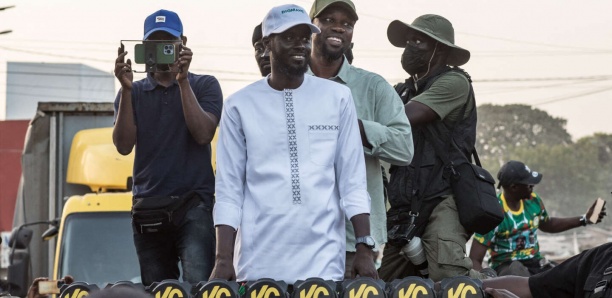
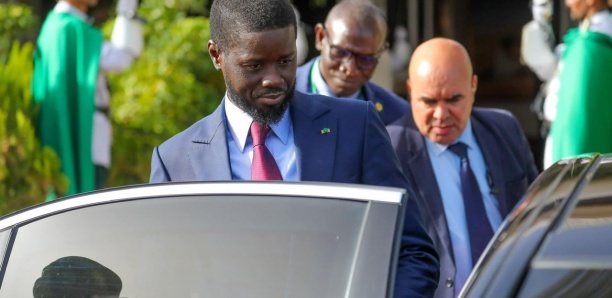

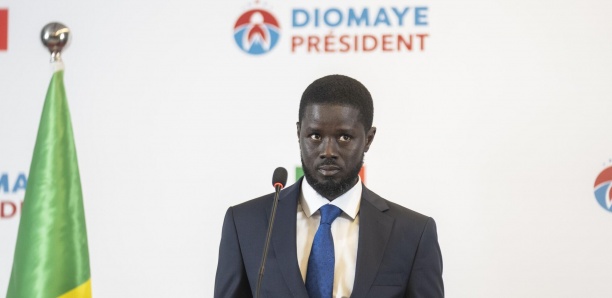

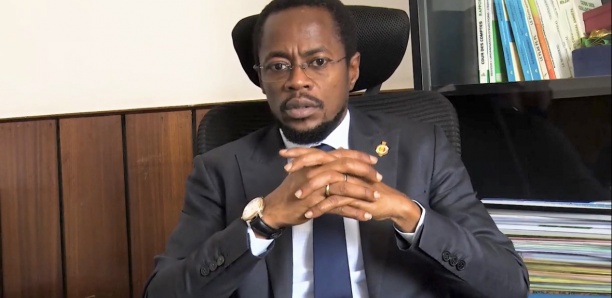


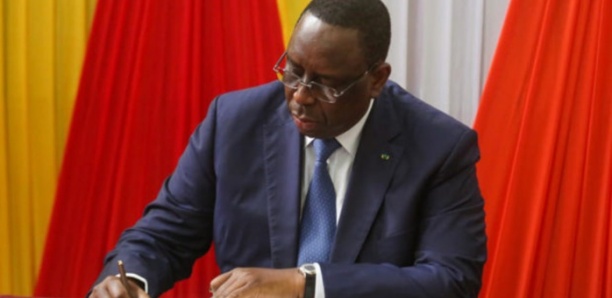

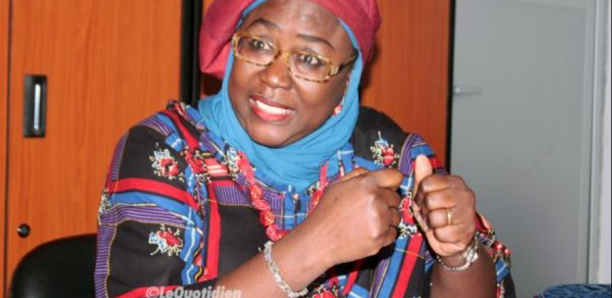






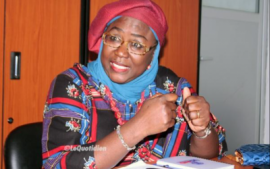

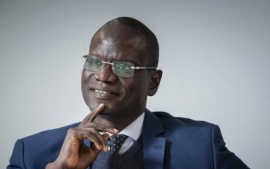



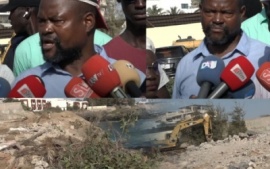

0 Commentaires
Participer à la Discussion